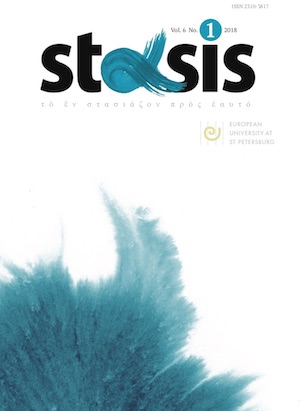CALL FOR PAPERS
Modes of Futurity: Projects, Prophecies, and Panics
How do we imagine and shape the future?
The present crisis may lead to catastrophe, yet humanity’s capacity for reason means it can still mitigate disaster and elaborate alternatives. The future is not only the object of rational planning and grounded extrapolation but also of imaginative reconstruction and dreams. While extrapolation often meets disbelief or denial and thus warrants examination in its own right, the quest for an imaginative reconstitution remains one of the noblest tasks—one that demands sustained attention. Imaginative visions and surreal dreams may challenge rationalistic forecasting, yet they also open unique windows toward better futures.
Read more about CALL FOR PAPERS







